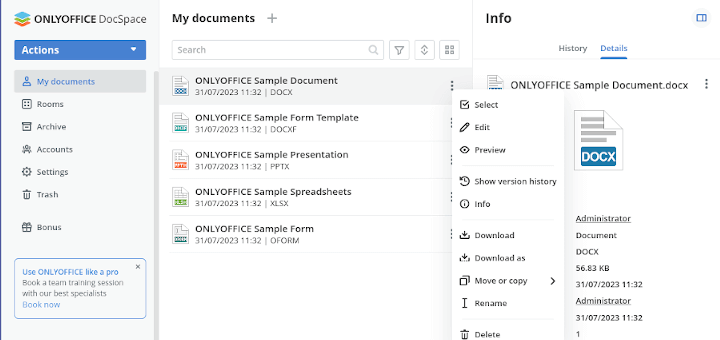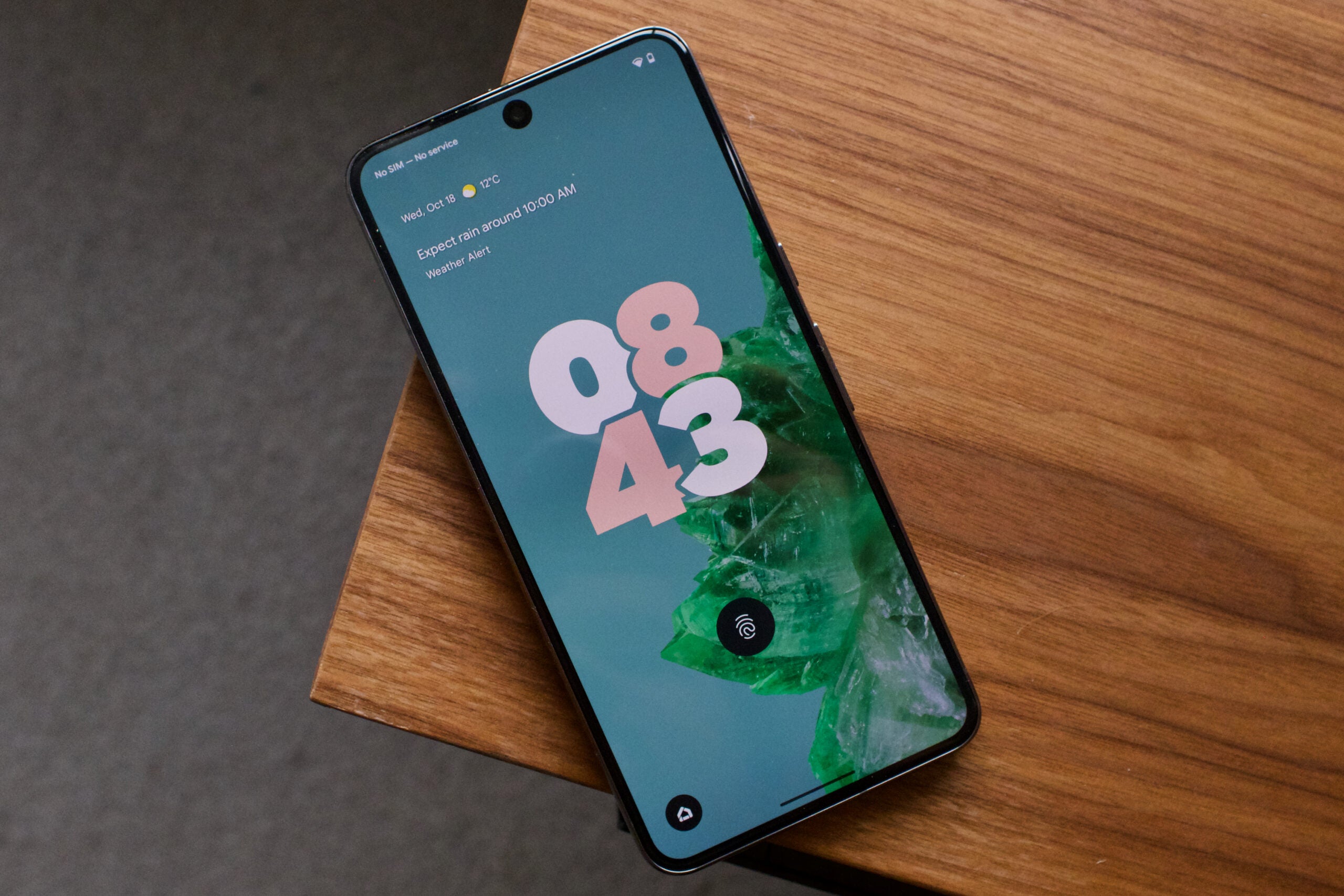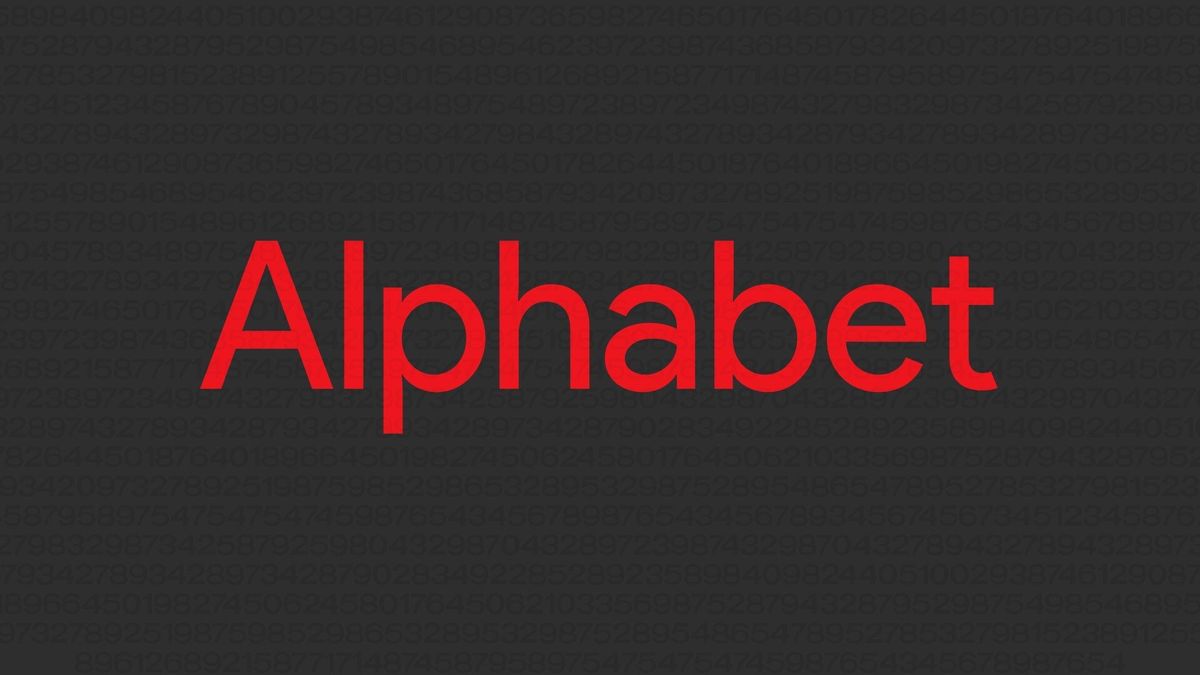ATLANTA — Georgia may be a part of different states requiring youngsters to have their mother and father’ express permission to create social media accounts.
Two high Republicans within the Georgia state Senate — Lt. Gov. Burt Jones and Sen. Jason Anavitarte of Dallas — mentioned in a Monday information convention they’ll search to move such a legislation in 2024. The proposal may additionally limit accounts on different on-line companies.
“It’s essential that we empower mother and father,” Anavitarte mentioned. “Plenty of mother and father don’t know learn how to limit content material.”
Anavitarte mentioned Georgia’s guidelines could be modeled on a legislation Louisiana handed this yr. That measure, which takes impact in 2024, says social media companies should confirm an account holder’s age and may’t let somebody youthful than 18 be a part of with out parental consent.
Arkansas, Texas and Utah additionally handed legal guidelines this yr requiring parental consent for kids to make use of social media. Some in Congress are additionally proposing parental consent for minors.
California final yr enacted a legislation requiring on-line companies to do extra to guard youngsters’s privateness and security.
Anavitarte mentioned he has briefly been in touch with Meta Platforms, the corporate that owns Fb and Instagram. He and Jones mentioned they might focus on plans with the social media big.
The transfer comes after U.S. Surgeon Common Vivek Murthy warned in Might that social media hasn’t been confirmed to be secure for younger individuals. Murthy referred to as on tech firms, mother and father and caregivers to take “instant motion to guard youngsters now.” He requested tech firms to share information and enhance transparency and for policymakers to control social media for security the way in which they do automotive seats and child system.
To adjust to federal regulation, social media firms already ban youngsters below 13 from signing as much as their platforms, however youngsters have been proven to simply evade the bans.
As much as 95% of teenagers aged 13 to 17 report utilizing a social media platform, with greater than a 3rd saying they use them “virtually continually,” the Pew Analysis Heart discovered.
Anavitarte additionally mentioned he needs to strengthen Georgia’s legislation on cyberbullying. Current legislation requires any pupil discovered to have engaged in bullying 3 times be despatched to another faculty. Anavitarte mentioned he needs to revive his 2022 proposal requiring faculties to warn college students and fogeys that some acts of bullying may result in legal stalking penalties.
Meta introduced final yr that it was taking steps to confirm somebody’s age, together with letting individuals add their ID or document a video selfie; and partnering with an age verification firm. Meta says it offers “age-appropriate experiences” for teenagers 13-17 on Instagram, together with stopping undesirable contact from unknown adults.
Anavitarte this yr sponsored a brand new legislation that bans TikTok, Telegram, WeChat and different purposes from being put in or used on state-owned computer systems.
Free speech advocates warn the measures may lead websites to wall off info and even make it tougher for adults to achieve it.
The brand new legal guidelines may additionally lead platforms to require individuals to make use of authorities ID to confirm age.
That is already occurring on some pornography websites focused by legal guidelines in Louisiana, Utah and Virginia. The Free Speech Coalition sued Utah and Louisiana on behalf of grownup entertainers, erotica authors, intercourse educators and informal porn viewers, saying these legal guidelines had been unconstitutional as a result of they discriminate in opposition to sure kinds of speech. A Utah decide dismissed the swimsuit there final week, saying the challengers could not sue due to how the legislation is designed.



.jpg)


















